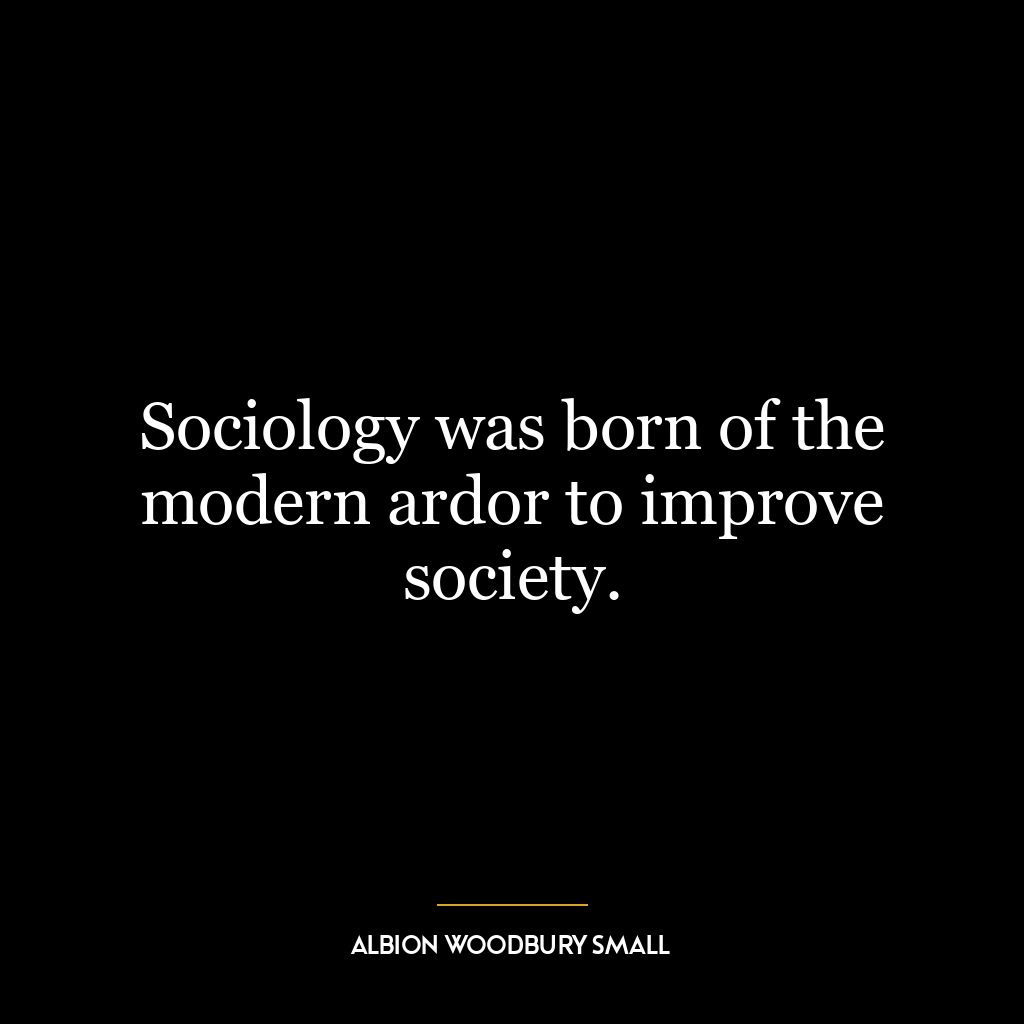Karl Deutsch Quotes
- Sociologist
- Germany
- 1912
Karl Deutsch (1912-1992) was a German-American political scientist and sociologist who is best known for his contributions to the fields of international relations and political sociology. He is credited with developing the concept of security communities, which is the idea that states can become so…Read More
Karl Deutsch (1912-1992) was a German-American political scientist and sociologist who is best known for his contributions to the fields of international relations and political sociology. He is credited with developing the concept of security communities, which is the idea that states can become so interdependent that war between them becomes unthinkable. He also developed the concept of political integration, which is the idea that states can become more closely linked through economic, social, and political ties. Deutsch’s most notable works include Nationalism and Social Communication (1953), The Nerves of Government (1963), and The Analysis of International Relations (1968).Read Less
Karl Deutsch (1912-1992) was a German-American political scientist and sociologist who is best known for his contributions to the fields of international relations and political sociology. He is credited with developing the concept of security communities, which is the idea that states can become so interdependent that war between them becomes unthinkable. He also developed the concept of political integration, which is the idea that states can become more closely linked through economic, social, and political ties. Deutsch’s most notable works include Nationalism and Social Communication (1953), The Nerves of Government (1963), and The Analysis of International Relations (1968).
Career Highlights
- Deutsch received his education at the University of Prague and the London School of Economics, where he earned his PhD in 1938.
- He began his academic career as a lecturer at the University of Prague and later moved to the United States in 1938, where he taught at Harvard University for over 30 years.
- In 1951, he became the first director of the Harvard Center for International Affairs, which later became the Weatherhead Center for International Affairs.
- Deutsch was a prolific writer and published over 30 books and numerous articles throughout his career.
- He was a member of several prestigious organizations, including the American Academy of Arts and Sciences, the American Philosophical Society, and the National Academy of Sciences.
- In 1987, he was awarded the Johan Skytte Prize in Political Science, one of the most prestigious awards in the field.
Key Contributions
- Deutsch’s most significant contribution was his theory of social communication, which emphasized the importance of communication in shaping social and political behavior.
- He also developed the concept of “security communities,” which refers to a group of states that have developed a sense of trust and cooperation, leading to a decrease in the likelihood of war.
- Deutsch’s work on political integration and the formation of nation-states was groundbreaking and helped shape the field of comparative politics.
- He was also a pioneer in the study of international relations, particularly in the areas of diplomacy and international organizations.
What Sets Them Apart
- Deutsch’s interdisciplinary approach to studying politics and society set him apart from his contemporaries. He drew on insights from sociology, psychology, and communication studies to develop his theories.
- He was known for his ability to bridge the gap between theory and practice, making his work relevant and applicable to real-world issues.
- Deutsch’s work was highly influential and has been cited by numerous scholars and policymakers, demonstrating the lasting impact of his ideas.
Takeaways
- Karl Deutsch’s work continues to be relevant and influential in the fields of international relations and comparative politics.
- His interdisciplinary approach and ability to bridge theory and practice serve as a model for future scholars.
- His theories on social communication and security communities provide valuable insights into understanding and addressing global issues.
- Deutsch’s legacy serves as a reminder of the importance of communication and cooperation in building a more peaceful and integrated world.





![[Some men are shortsighted, so] going to prison or going to hell just doesn’t matter to these men.](https://quotes.guide/wp-content/uploads/rodney-stark/rodney-stark-423874.png)



